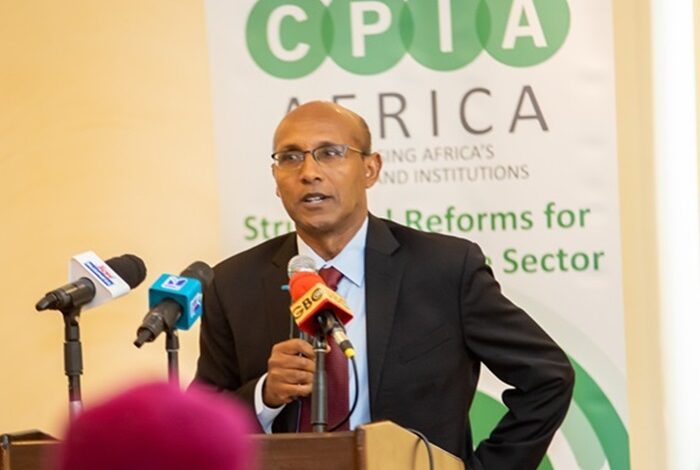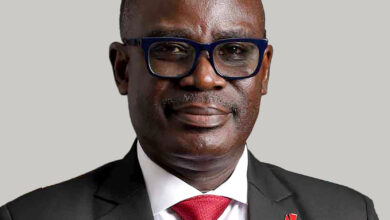World Bank Warns: Poor Governance, Poor Services Threaten Public Trust in African Governments

The World Bank has issued a stark warning to governments across Sub-Saharan Africa, including Ghana, that poor governance and the failure to meet basic citizen needs could significantly erode public trust and destabilize social cohesion.
This caution is contained in the 2024 Country Policy and Institutional Assessment (CPIA) report, released this week, which evaluates how well governments transform public resources into tangible improvements for their citizens.
Despite some countries showing strong economic reform efforts, the average CPIA score for the region remained flat at 3.1 out of 6—held back by weak performance in governance and public service delivery.
“Confidence in a government’s ability to efficiently transform public resources into essential services is fundamental to fostering a shared purpose with citizens and improving trust,” said Andrew Dabalen, World Bank Chief Economist for Africa.
The report comes at a time of growing public frustration, with 2024 marked by widespread youth protests and declining political support for incumbents across Africa. In Ghana and elsewhere, citizens are becoming increasingly disillusioned with the slow pace of infrastructure upgrades, limited access to quality healthcare and education, and bureaucratic inefficiencies that stifle business and innovation.
“These failures aren’t just developmental setbacks—they threaten the social contract between governments and the people they serve,” said Nicholas Woolley, lead author of the CPIA report.
Across the region, lagging services in sanitation, transportation, and security have deepened poverty and weakened opportunities for the youth. Meanwhile, conflict-related casualties have nearly tripled over the past decade, further straining fragile public systems.
The report warns that unless governments act swiftly to address governance weaknesses and improve service delivery, dissatisfaction could boil over, undermining national stability and investor confidence.
Still, there are signs of hope. Several countries, including Ghana, have taken steps toward fiscal discipline, subsidy reform, and digital innovation. However, the World Bank says these efforts must be matched by a strong political will to build more transparent, responsive institutions.
The message is clear: for African governments to retain legitimacy and guide their nations toward inclusive growth, they must prove—through action—that the state works for all.




